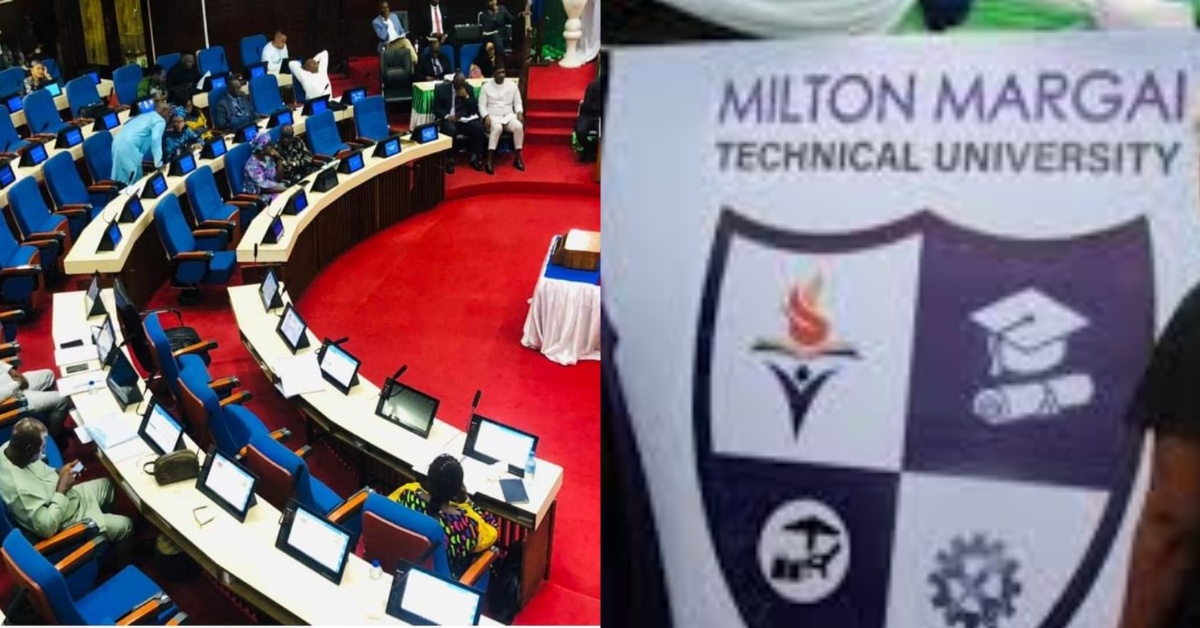In a recent committee hearing on the Brookfields Land dispute between Miltin Margai Technical University (MMTU) and the New Brookfields Hotel, Parliament criticized the Ministry of Technical and Higher Education for its inability to distinguish between a legal opinion and a Parliamentary Act.
The debate surrounding the lease agreement and ownership of the land has raised critical questions about governance, transparency, and competence within the Ministry.
The crux of the issue lies in the confusion between statutes enacted by Parliament, which hold supreme legal authority, and legal opinions provided by experts. It is concerning that the Ministry failed to recognize the paramountcy of the Parliamentary Act in the case of the Brookfields dispute. The revelation that the former Minister of Tourism allegedly used fraudulent means to create the contract further complicates the matter, leading to questions about the legitimacy of the entire agreement.
The role of key officials within the Ministry, such as the Permanent Secretary and the Chief Technical and Higher Education Officer, comes under scrutiny in light of their handling of the situation. The lack of clarity and accountability displayed by these individuals raises concerns about their qualifications and effectiveness in managing such crucial matters. The absence of a coherent explanation from them adds to the growing skepticism surrounding their capabilities.
Moreover, the alleged nepotism and influence peddling within the Ministry, particularly concerning the relationship between the Permanent Secretary and the President, highlight deeper governance challenges. The perception of familial connections dictating decision-making processes, compromises the integrity and professionalism expected from government institutions. The reported attempts to manipulate ministerial appointments for personal gain further erodes public trust in the Ministry’s leadership.
The revelation that key officials may lack the requisite qualifications and experience for their roles, underscores the urgent need for a thorough review of staffing within the Ministry. The call for competent and experienced professionals to lead the technical and educational wings of the Ministry is imperative to ensure efficient and effective governance. Additionally, the issue of unqualified directors and their recruitment demands immediate attention to uphold standards of expertise in educational administration.
The narrative of infighting, power struggles, and mismanagement within the Ministry, paints a stark picture of dysfunctionality that must be addressed promptly. The reported conflicts between officials, fueled by personal agendas, and hidden agendas, only serve to hinder the Ministry’s progress and tarnish its reputation. The undue influence wielded by certain individuals at the expense of ethical governance practices warrants intervention from higher authorities to restore credibility and accountability.
Finally, the governance challenges plaguing the Ministry of Technical and Higher Education demand swift and decisive action to rectify the existing shortcomings. The precarious balance between legal obligations, administrative competence, and ethical conduct must be restored to uphold the principles of transparency,. accountability, and professionalism in public service. It is incumbent upon relevant stakeholders to address the systemic issues undermining the Ministry’s efficacy and integrity to ensure its mandate is fulfilled with integrity and diligence.












Reading this write up is like wasting time, I was looking forward to see what was the exact conflict between Brookfields hotel and the Milton Margai university Brookfields campus. Please do it again if possible
What is the message here?
I have not been able to get any take-home.